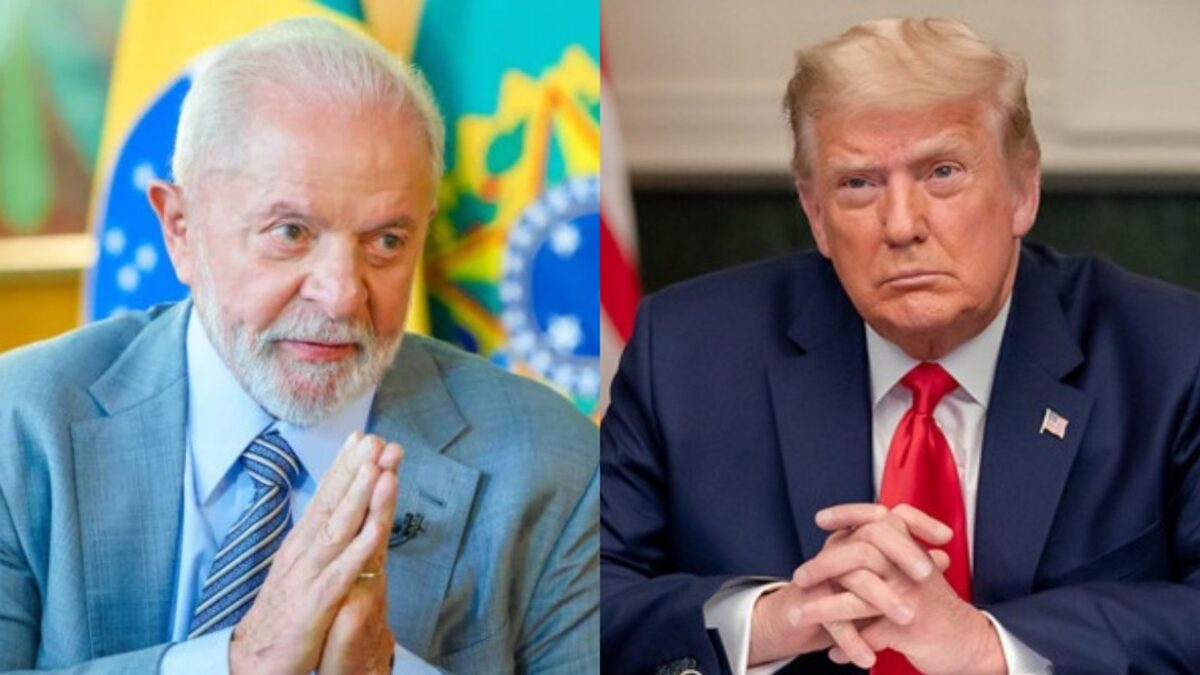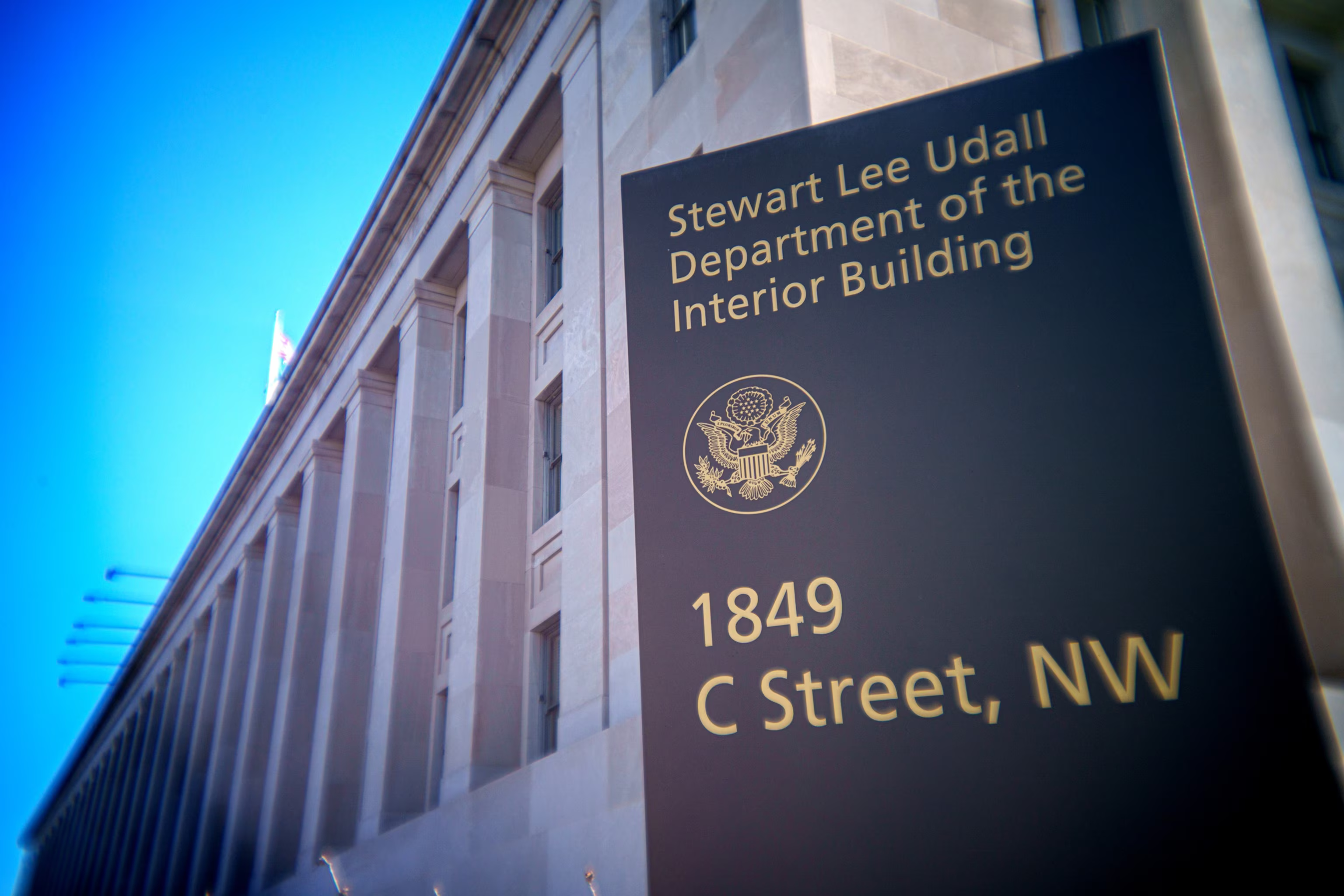Announcement of American Tariffs
On July 9, 2024, American President Donald Trump announced the implementation of 50% tariffs on all Brazilian products exported to the United States, with implementation scheduled for August 1st. The measure was communicated through an official letter and represents one of the most significant escalations in trade relations between the two countries.
The justification presented by the American government centers on defending former Brazilian President Jair Bolsonaro, currently subject to judicial proceedings in Brazil for attempting a coup d’état. The document characterizes the trial as political persecution and demands its immediate termination.
Brazilian Government Response
The Brazilian government responded promptly to the tariff threats. President Luiz Inácio Lula da Silva convened an emergency meeting at the Planalto Palace and announced that any unilateral tariff increase measures would be responded to based on Brazil’s Economic Reciprocity Law, approved in April 2024.
Brazil formally returned the American letter, considering it “offensive” and carrying “false information.” Simultaneously, the Brazilian government summoned the American embassy’s chargé d’affaires for clarification regarding the document’s content.
Bilateral Trade Data
Official bilateral trade data contradicts some allegations presented in the tariff justification. According to information from the American government, the United States recorded a trade surplus of approximately $410 billion in goods and services trade with Brazil over the past 15 years.
In 2024, the American trade surplus with Brazil was $7.4 billion, positioning the South American country as the 15th largest U.S. trading partner. These numbers contrast with allegations of American trade deficits used as justification for the tariff measures.
Potential Economic Impacts
For the United States
Brazil supplies approximately one-third of the coffee and half of the orange juice consumed in the American market. Implementing 50% tariffs would result in significant price increases for these products for American consumers.
For Brazil
The United States constitutes Brazil’s second-largest trading partner, surpassed only by China. A 50% tariff – five times higher than the current 10% rate – would represent substantial impact on the Brazilian economy. Financial markets reacted immediately to the announcement, with a 2% decline in the real and 1.3% drop in the São Paulo Stock Exchange.
Brazilian Response Strategies
Brazil possesses legal instruments to respond to tariff measures through the Economic Reciprocity Law. This legislation authorizes the government to adopt countermeasures including:
- Import restrictions
- Suspension of trade concessions
- Measures related to intellectual property rights
Simultaneously, the Brazilian government is accelerating Mercosur negotiations with the European Union, aiming to diversify its international trade relations.
Judicial and Diplomatic Issues
The American letter addresses issues beyond the commercial scope, criticizing Brazilian Supreme Court decisions against social media profiles involved in hate speech and disinformation. The American government alleges these measures violate freedom of expression.
Brazil maintains that judicial measures aim to combat harmful content, including racism, child pornography, and fraud, arguing that freedom of expression should not be confused with violent or aggressive practices.
Future Perspectives
The escalation represents a significant test for relations between the two largest countries in the Americas. The American government warned that any Brazilian retaliation would result in additional increases to the proposed tariffs.
This situation places both countries before important strategic decisions. For Brazil, it involves defending its sovereignty and judicial system against external pressures. For the United States, it represents an attempt to influence foreign judicial processes through economic instruments.
Final Considerations
The outcome of this dispute could substantially redefine trade relations between Brazil and the United States, establishing precedents regarding the limits of economic interference in internal judicial matters of sovereign countries. The evolution of this situation will be determinant for the future of bilateral relations and may influence broader diplomatic patterns in the Americas.
Contact us today through our WhatsApp to discover how we can help you achieve success in the United States. Together, we can turn dreams into reality.
Information source: gazetadopovo.com.br | bbc.com | english.elpais.com | theguardian.com | agenciabrasil.ebc.com.br



